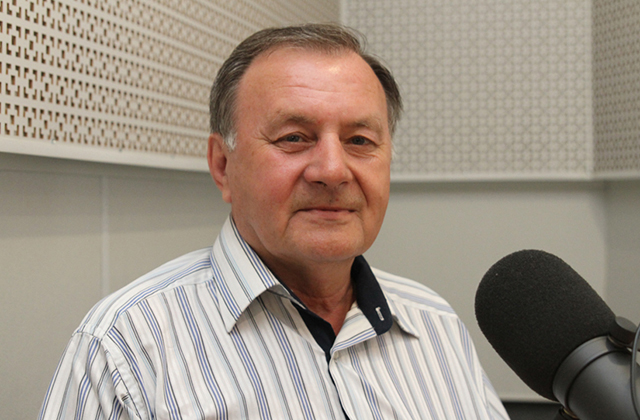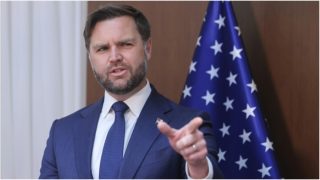Minsk Group Co-Chairs should seek for ways to influence on the presidents: Tarasov

“This time OSCE MG Co-Chairs can’t simply wait and hope, that the presidents will agree to meet,” Russian analyst Stanislav Tarasov told 168.am, reflecting to noteworthy observations by Kasprzyk.
Ambassador Andrzej Kasprzyk, Personal Representative of the OSCE Chairperson-in-Office, pursuant the mandate on October 5, implemented a monitoring on Karabakh-Azerbaijan contact line. As OSCE press service informs, after the observation Ambassador Kasprzyk issued a statement, which particularly reads,
“As usual, the sides provided information regarding the situation on the Line of Contact, including ceasefire violations registered since the previous monitoring exercise. This information has been reported to the Minsk Group members, including its Co-chairs, and the OSCE Chairperson-in-Office. Reports in the media sometimes allege that my Office does not register ceasefire violations or indicate the responsible party. They may be referring to the fact that no ceasefire violations occurred during the observation phase of our monitoring exercise, at the time when staff members are in exposed positions on the front lines. We always register ceasefire violations when they occur in our presence. Otherwise we rely on information provided by local commanders.
I would like to reiterate that we do not have the mandate to conduct investigations of incidents. In the six months following the April clashes, the Minsk Group Co-chairs have worked tirelessly to stabilize the situation and move the negotiation process forward, and the information provided through the monitoring exercises is an indispensable part of this process. These efforts continue.”
Combining the statements by Kasprzyk and OSCE MG U.S. Co-Chair James Warlick that they hope that the presidents will agree to meet, Tarasov said that this uncovers, that during the two presidential meetings the issue of installation of investigative mechanisms wasn’t confirmed by the presidents, meanwhile it already found its place in concluding statement of Sargsyan-Aliyev meeting.
“This meant that there was an initiated process to that end, however, one of the sides, in this case it’s clear which side is meant, doesn’t want to give its final accord on installation of mechanisms. I want to remind contradicting observations by Azerbaijani officials on these events. They were claiming that they agreed only on expansion of Kasprzyk’s mission, then after a range of disappointing statements they changed their minds. It’s clear that the Azerbaijani side intends to avoid measures of security strengthening,” Tarasov said.
According to the latter, it turns out that during former two meetings in Vienna and St. Petersburg only their possibility has been touched upon, and final packages haven’t been agreed yet. “Of course, this creates a complicated situation in negotiations and on the contact line, as suspension of negotiations may have negative implications,” Russian analyst said.
He considers this time the Co-Chairs can’t simply wait and hope that the presidents will agree to meet. Tarasov believes that they should seek for ways to initiate a new meeting and extract an agreement. “New means should be applied to influence over the presidents, otherwise waiting means a threat for resumption of military operations,” Stanislav Tarasov clarified.
By Araks Martirosyan

























